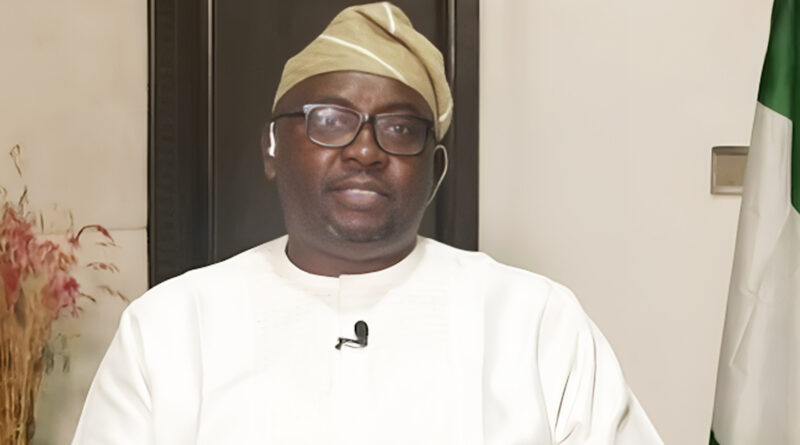Electricity Policy Draft to Be Submitted to FEC by Power Minister
Adebayo Adelabu, Nigeria’s Minister of Power, has been provided with a preliminary version of the policy and strategy that would be used to revamp the country’s electrical grid.
On Wednesday in Abuja, Adelabu received the draft policy document; she said it will be sent to the Federal Executive Council (FEC) in six weeks.
To address the issues plaguing the electricity sector, a group of knowledgeable professionals and influential figures collaborated to draft the National Integrated Electricity Policy and Strategic Implementation Plan.
From generation and transmission to distribution and off-grid sectors, the policy plan lays out actions across the whole power value chain.
The power minister stated that these actions were taken as part of a larger plan to ensure that all Nigerians, especially those living in unserved areas, have fair access to electricity, foster an atmosphere where investment may flourish, and incorporate renewable energy sources.
The power sector in Nigeria has been beset by problems that resemble hydra heads, which have impeded the country’s industrialisation and the generation of electricity.
The government has been aiming to raise power generation from approximately 4,000 megawatts to 6,000 megawatts in the next six months, according to Adelabu. He mentioned that gas plants generate 75% of Nigeria’s electricity and hydroelectric power 25%.
Customers who receive 20 hours of power each day will see an increase to their electricity bill on April 3, 2024, according to NERC. This group of consumers falls under the purview of the Band A classification.
Due to the abrupt increase in the cost and the continuing poverty in the country, many Nigerians have harshly criticised the development, which has resulted in customers paying N225 kilowatt per hour instead of the previous N66.




